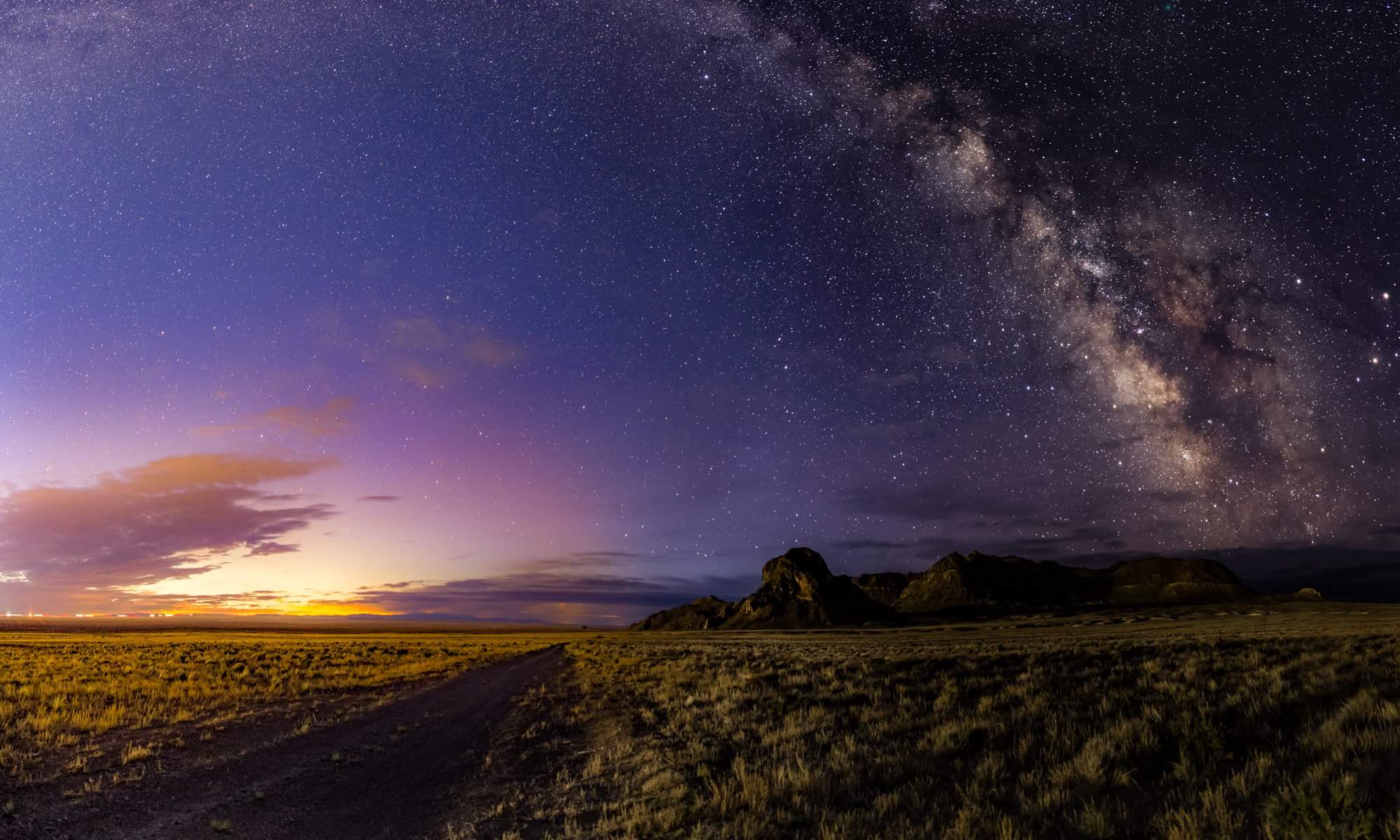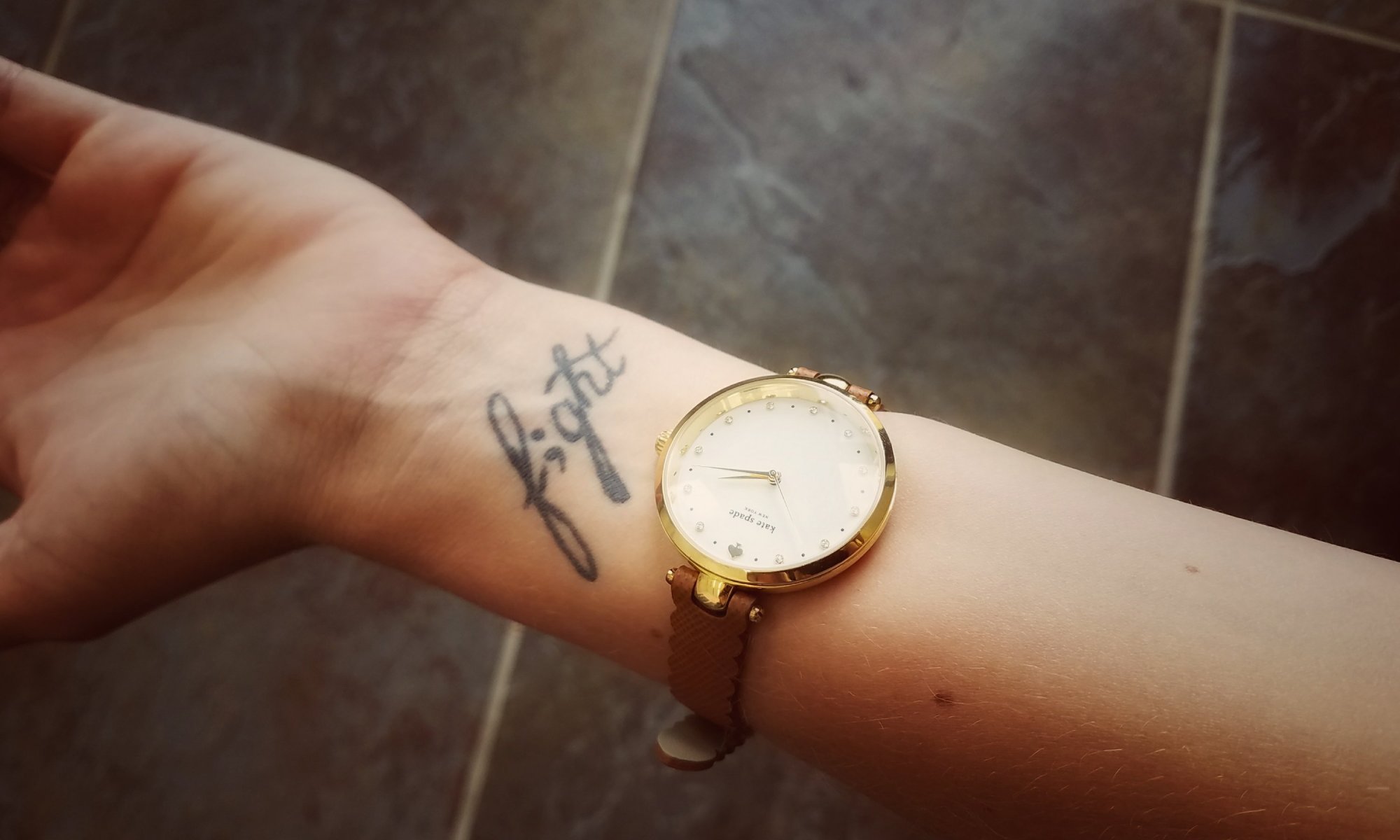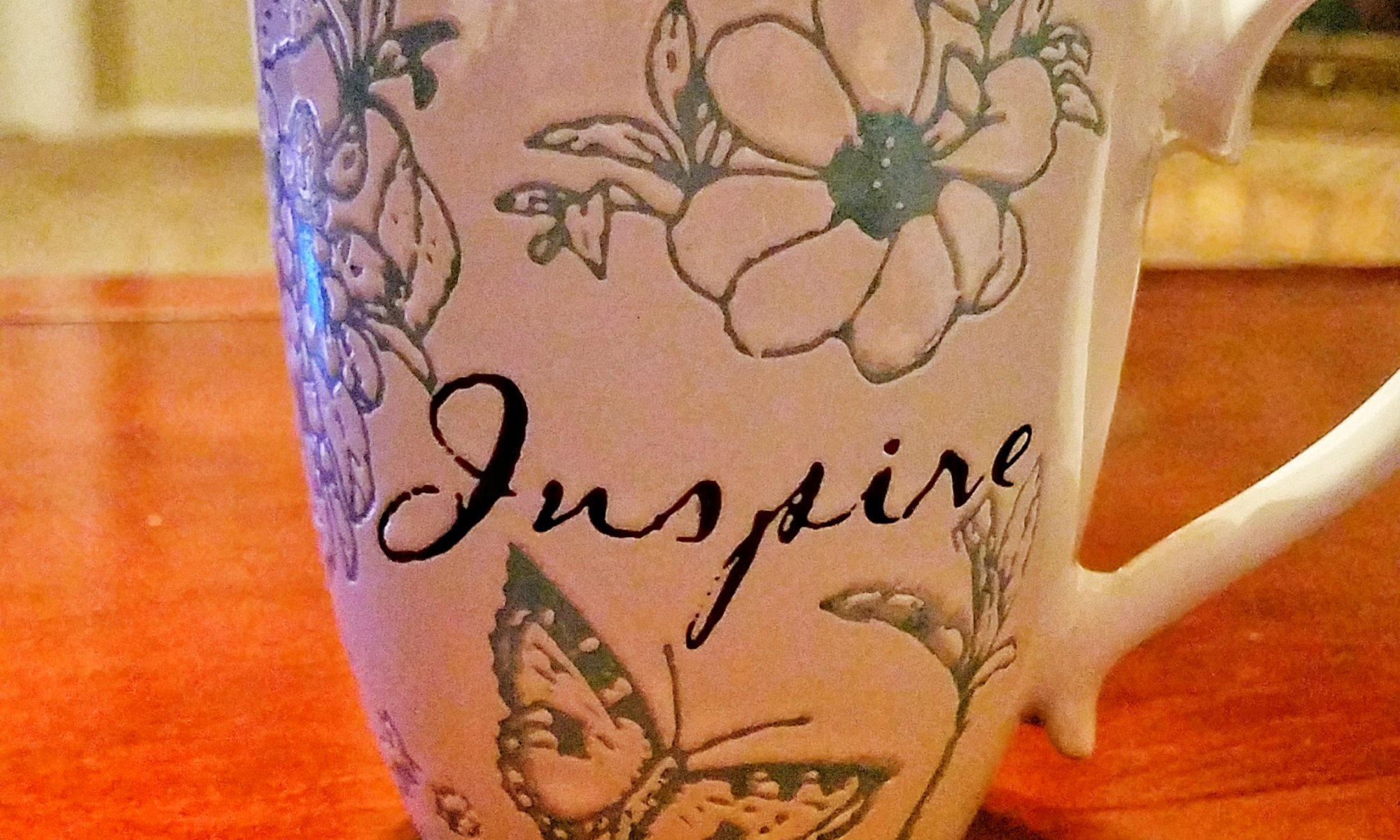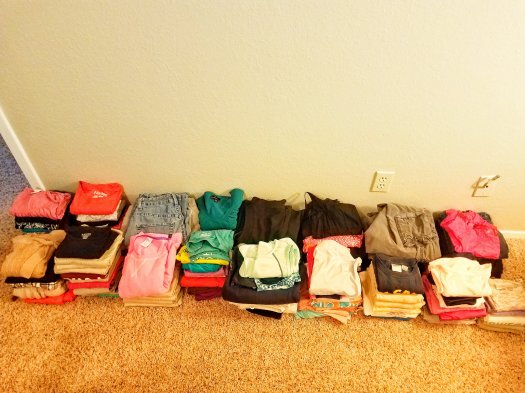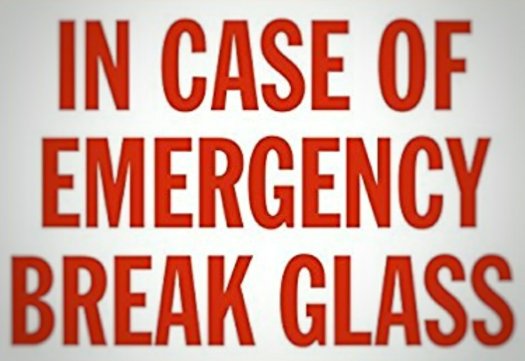“You have been assigned this mountain to show others it can be moved.”
I’ve seen this quote a lot lately. By “a lot,” I mean that I have seen it in at least ten different places in the last two weeks. Over time, I have learned that when something keeps popping up like that, I need to pay attention; there’s a message in it for me.
I finally understood it this morning after my latest quote sighting. The message – the mountain – isn’t about some struggle currently taking place in my life; it is about the one that I have mostly walked through, the one that some know about, but many do not. In fact, after my recent Love Letter posting, a few people wrote to me and asked how writing a love letter could be difficult, as my life is pretty amazing. And they were right – my life is really, really great. But it is really, really great on the other side of a mountain that I never could have imagined having to move and that I wouldn’t wish on anyone else. In reality, we all have these mountains, and we feel like they are unmovable, which is why letting others into our own mountain-moving expeditions is so important. If one can do it, others can too.
So let’s talk about my mountain.
June 19, 2013.
I was in Alabama for training, my husband was 2,000 miles away at our latest military assignment, and our daughter was visiting his parents in still another state. It was his birthday, and I hated to miss it, but holidays, birthdays, and anniversaries are sort of arbitrary in military life. My phone rang, and I answered it with some sappy version of “Hey there, birthday boy!” What I heard in reply was:
“Don’t say anything. It’s me. I was drinking at my birthday party. I drove my car, and it’s wrapped around a steel pole. I think I’ve killed somebody.”
Click.
You know those moments in life when something happens and you instinctively know that nothing will ever be the same afterward? How that incident will forever be a dividing line, and memories will be categorized as “before the thing” and “after the thing?” I looked around the room in a growing panic, realizing that I was holding the instrument of that dividing line in my hand – my phone – and that nothing, nothing would ever go back to the way it had been just a few seconds earlier.
I tried to call him back. He eventually answered, told me to get him a lawyer, and hung up again. How was I supposed to get him a lawyer in a state 2,000 miles away when I didn’t have a clear picture of what was going on? I called my mom. I called any attorney who would answer the phone. I called my mom again. I called a friend whom I knew had been at my house earlier in the day, and he took another friend with him to the hospital where word had it my husband had been transported. I called my mom. I called more attorneys and eventually maxed out my credit cards to pay an exorbitant retainer fee.
As the evening wore on, my friends called me, and they let me know that they couldn’t be sure of anything, but that there was a news story that I probably needed to see, running on a local news station. I grabbed my laptop, found the story, and was horrified to see coverage that involved my husband’s car, flashing red and blue lights, and a confirmed fatality. No, nothing would ever be the same.
I then called my husband’s parents. How are you supposed to break news like this to someone? What do you even say? I haltingly got the words out and was met with anguished wails that I will never be able to unhear. I called my mom.
I kept checking the news, hoping that perhaps there had been a horrible mistake, but now my husband’s mugshot was running too. His face was puffy, a bandage covering his chin. He looked angry, as he often did when he’d had too much to drink and wasn’t getting his way. I remember staring at it, wondering how we had gotten to this place, this moment, at the same time knowing that his worsening alcoholism and stubborn refusal to get help had been building to this moment for years. Here we were. A woman was dead, her boyfriend was seriously injured, families were forever changed, and this was beyond terrible.
Over the next 48 hours, my life continued to unravel. There was the call from jail when he told me to log into his Facebook account to deactivate it, providing me the password he’d never shared before; the untold numbers of pictures of him with alcohol would be damning in court. I logged in and was greeted almost immediately with evidence of affairs. In the end, it would come out that he’d had a girlfriend for more than a year in another state, that there had been 27 other women over the course of our marriage, and that I had worked with several of them. The lies he had told were just as painful as the affairs; he claimed that I had abandoned my family to pursue my career, that he was a single dad with full custody of our daughter, that we were the most amicably divorced couple you’d ever meet. Even as I write these words now, I feel the hot tears, the sting of humiliation, the sick feeling in my stomach at how completely I had been played, lied about, and lied to.
Then he called to tell me that there was another credit card; he wouldn’t be able to pay it from jail, so that was on me. Two years earlier, we had gone through Dave Ramsey’s Financial Peace University, and I had been committed to the process of getting debt free. My husband acted like he was too, but he refused to give me the passwords to our credit cards. I had run out of anything to offer as an ultimatum, short of divorce, so I just took his word for how we were progressing and resigned myself to the uncomfortable situation of not having access to the ground truth of our finances. (I’ve since learned that this is financial abuse, but I didn’t even know that was a thing at the time.) Now I was discovering that he had used the Power of Attorney that he had for me, which is very common for military couples, to open a credit card in my name to take another woman to Paris, France.
Yes, you read that right. He took a woman other than the one he was married to – who wasn’t even the girlfriend in another state – to the most romantic city on earth. How did he do this without me knowing? Well, it’s tough to take a trip to Europe without your wife figuring it out, so he spun a story about a bunch of his military buddies going to visit some other military buddies in France. It sounded a little funny, but every time I brought up any objections, he made me out to be paranoid and in the end I felt like the crazy, nagging wife. (Another learning point: this is called gaslighting. I’d never heard of this one either, but he was an expert at this technique.) As it turned out, there were no other guys going. He opened the credit card to buy the plane tickets for himself and the woman, in addition to all the expenses one incurs while on a fabulous European vacay.
Needless to say, my marriage was over. In the span of a couple of days, my husband had killed someone while driving drunk, I was divorcing, I was in $88,000 of debt, I was a suddenly single mom, and I was six months into a demanding three-year military assignment. This was a literal case of I can’t even…
Thus, my mountain. It loomed large, imposing and seemingly impossible. Where do you even begin to move a mountain like that? How do you begin to move a mountain like that when you can barely breathe? I spent hours, maybe days, crying my eyes out and staring at the wall. I was convinced that the pain in my chest was never going away. I lived in fear of the phone ringing, bringing more bad news. I experienced panic attacks for the first time in my life. My depression, always a companion lurking in the background, threatened to take center stage as I tried to figure out what exactly putting one foot in front of the other was supposed to actually look like. Forget moving a mountain; I was trying to get out of bed every morning.
That being said, here’s the thing about moving mountains: you don’t do it alone. You are not Atlas, with the world on your shoulders. You have a support system. Sometimes they find out what’s going on and reach out to you; sometimes you have to do the most difficult thing in the world and ask for help. In this case, I had supporters from all over, and they showed up. The people I was training with, who had only known me for a month, were great. I had friends at the same location who checked on me daily. As soon as the news story got out, it made its rounds on social media, and my phone blew up with texts, calls, and Facebook messages from all over the world asking if my daughter and I were ok, did we need anything, how could they help us? Friends at my assignment insisted that we move in with them once we returned; they provided a safety net as I attempted to piece my world back together. When I eventually moved into an apartment, most of my coworkers showed up to take on a task that I was emotionally unready for. My family rallied behind me, and I found a new church that purposely ministered to the broken places in my life without judgment. I had people on all sides who helped me move the mountain, even if the progress was incremental at times.
There were other things, horrifying things, that happened in this bizarre chapter of my life, but that’s another post entirely. In reality, it could be optioned for a Lifetime movie, because you can’t make this stuff up. But that’s not the important thing.
The important thing is that there is hope on the other side of the mountain. There is life on the other side of the mountain. For those who would tell me that my life is pretty freaking awesome, they are so right. I am awash with gratefulness at how good life is, because I know how epically painful it was not so long ago. But it didn’t get good overnight. The mountain had to be moved.
There were tears.
There was struggle.
There was screaming at God about how unbelievably unfair this whole thing was.
There were panic attacks in grocery store aisles.
There was saying no to just about everything as I tried to figure out how to pay off more debt than I’d ever seen.
There were the moments when my preschooler wanted to know why her daddy wasn’t around, and I didn’t have the words.
There were the hundreds of sleepless nights when I tried to figure out what I had done that was so wrong.
These were all part of the mountain. It took a couple of years, but I paid off all the debt. The panic attacks eventually stopped. My daughter and I have a phenomenal relationship, and she understands – in age-appropriate terms – why her dad is not around. She’s a resilient 7-year-old now, happy and healthy, strong and kind. I came to terms with the abuse that had gone on and went to counseling. (I can’t recommend counseling highly enough; we could all use some therapy in our lives!) I found the freedom to be me – in the way I dress, the way I wear my hair, the creative pursuits that capture my heart.
I also acknowledge the bits of the mountain that are still being moved, the broken pieces of rock and rubble that are still strewn across the road ahead. One of these pieces involves taking back the things that were stolen in the emotional upheaval of having my world torn apart. After finding out about the other woman that my husband had taken to Paris, I felt like Paris was ruined for me – and I’d never even been there! But I cringed when I thought about the city, and I avoided all the aisles in Target that had the Paris artwork and the Eiffel Tower. I have very recently added Paris to my bucket list, deciding that another person doesn’t get to have the ability to ruin an entire city for me. There is something empowering about taking back that kind of ownership of my likes and dislikes, my dreams and destination goals.
To all those who are dealing with a mountain: it can be moved. It can be moved, and you’ve got a support system to help you do it. If you’re a person of faith, I invite you to dig into that. I certainly had to. Regardless, speak up and speak out. Don’t try to move this thing by yourself. It is easier in community, and there are those who will love you deeply in the most wounded parts of you as you work together to change the geography of your life. There is hope, there is peace, and there is life as you do so, and I can testify that life on the other side of that moved mountain is pretty good. Don’t give up. Please don’t give up. There’s so much that I want you to see.
I deeply hope that the story of my mountain gives you some hope as you move yours, and I hope that your courage in turn inspires others. We’re not in this alone, and mountains move far easier when we’ve got people by our side – especially those who have some experience in the task. Don’t give up. It won’t happen overnight, but it will happen.
